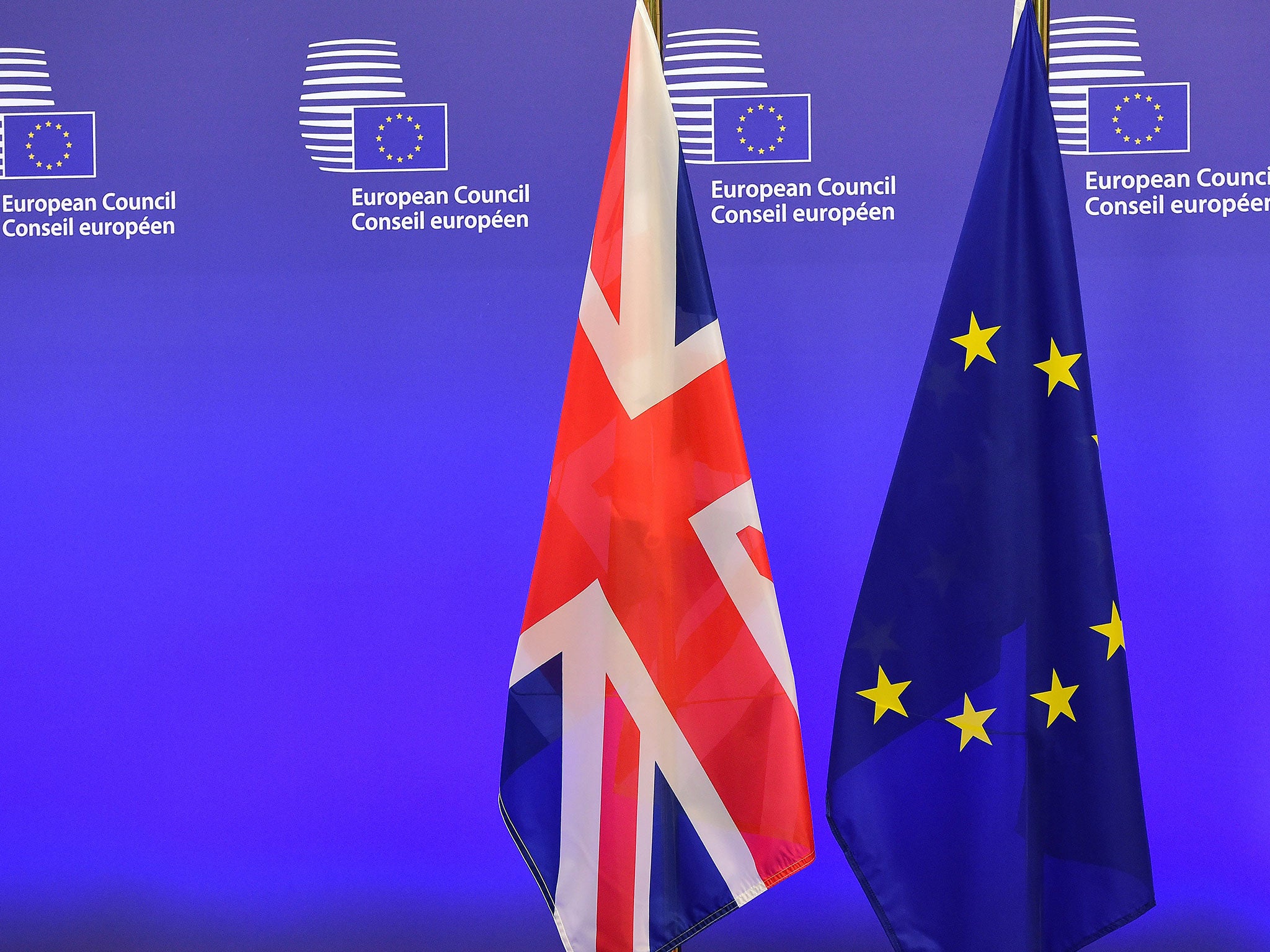EU referendum: 'Third campaign' launched to encourage disaffected Britons to vote
Campaign being backed by prominent figures in the opposing camps in the EU debate

Your support helps us to tell the story
From reproductive rights to climate change to Big Tech, The Independent is on the ground when the story is developing. Whether it's investigating the financials of Elon Musk's pro-Trump PAC or producing our latest documentary, 'The A Word', which shines a light on the American women fighting for reproductive rights, we know how important it is to parse out the facts from the messaging.
At such a critical moment in US history, we need reporters on the ground. Your donation allows us to keep sending journalists to speak to both sides of the story.
The Independent is trusted by Americans across the entire political spectrum. And unlike many other quality news outlets, we choose not to lock Americans out of our reporting and analysis with paywalls. We believe quality journalism should be available to everyone, paid for by those who can afford it.
Your support makes all the difference.A non-partisan drive to encourage millions of disaffected voters to take part in the European Union membership referendum is being launched on 1 January, with the focus on young adults, ethnic minorities and unskilled workers.
The “third campaign”, inspired by the huge participation in the 2014 Scottish independence referendum, is being backed by prominent figures in the opposing camps in the EU debate.
It is aimed at achieving the highest possible turnout for the referendum by involving all groups in the arguments for and against “Brexit”.
David Cameron is expected to hold the first vote on Britain’s EU membership for more than 40 years in June or July. But there are fears that large sections of the electorate – as well as people who have dropped off the electoral register – will not participate in a crucial decision on Britain’s future.
The think-tank British Future, which is spearheading the move, is calling for the “third campaign” to be allocated free broadcasting time ahead of the referendum, specifically targeting groups considered less likely to take part. They include young adults, unskilled workers, rural voters, ethnic minorities and non-graduate women.
It will also seek to attract free publicity from advertising chiefs and to forge links with employers, schools and colleges, charities and the media on ways of boosting turnout while remaining neutral on the referendum question.
British Future, which will detail its plans in a report next week, said the campaign should be overseen by the Electoral Commission and by representatives of the rival “leave” and “remain” camps.
Sunder Katwala, the thinktank’s director, said: “The EU referendum will give Britons one of the most important choices in a generation. Yet many voters are undecided, unaware or simply not bothered. We think such a big decision needs a big referendum – one that engages as much of the country as possible in the choice we all have to make.” He added: “The EU referendum is an opportunity to take politics out of the Westminster bubble and into people’s town halls and front rooms. We shouldn’t miss that chance.”
The Eurosceptic Tory MEP Daniel Hannan said: “I support this challenge for all sides to push for a high-participation referendum. I hope the referendum becomes a kind of collective national festival, a celebration of our country’s potential.”
Laura Sandys, chair of the European Movement, said: “This referendum is so much more important than general elections every five years. General elections are reversible whereas this referendum is about the long-term future of the UK.”
A Downing Street spokesman said: “Our whole intention in having a referendum is to give the people a say. We want as many people as possible to take part.”
Join our commenting forum
Join thought-provoking conversations, follow other Independent readers and see their replies
Comments